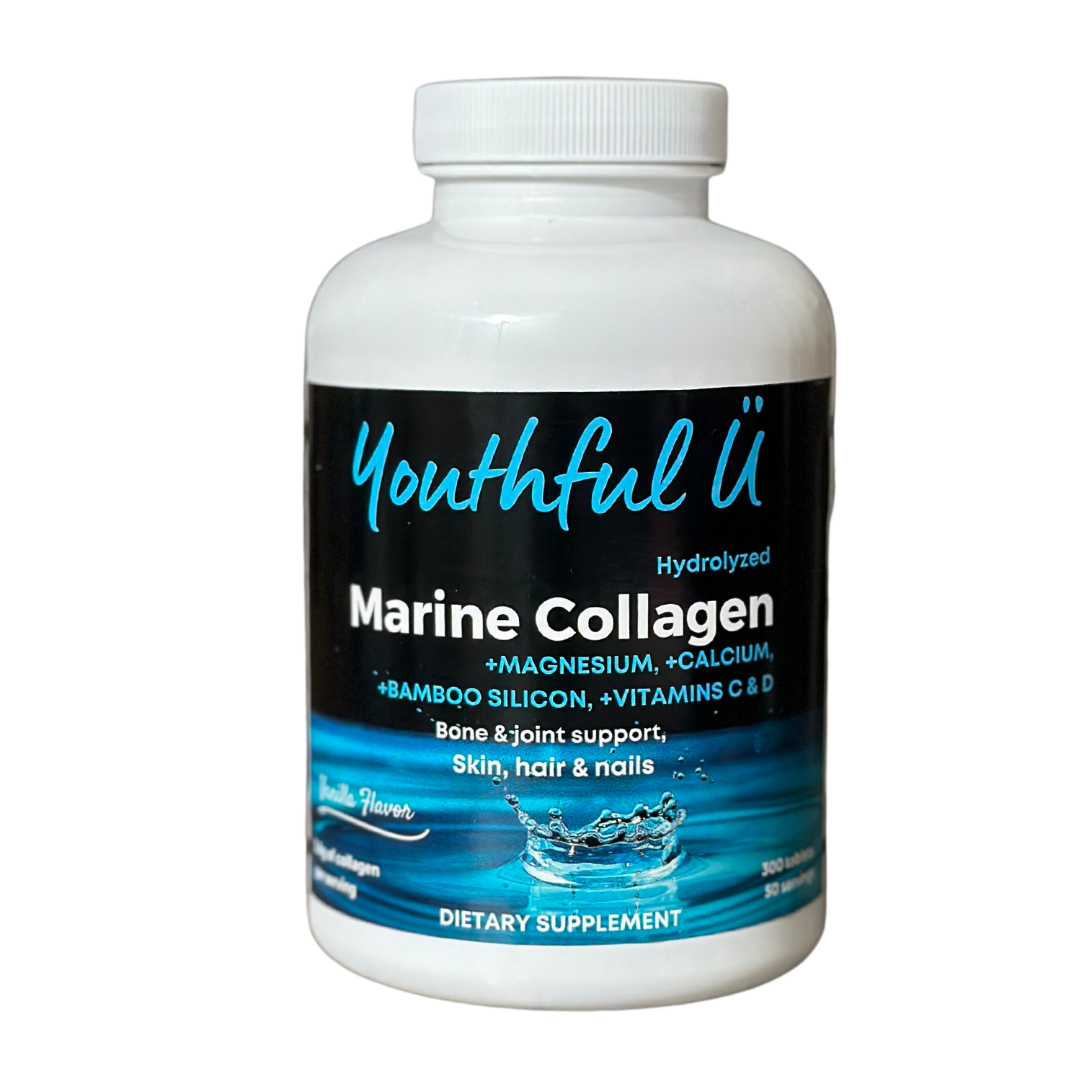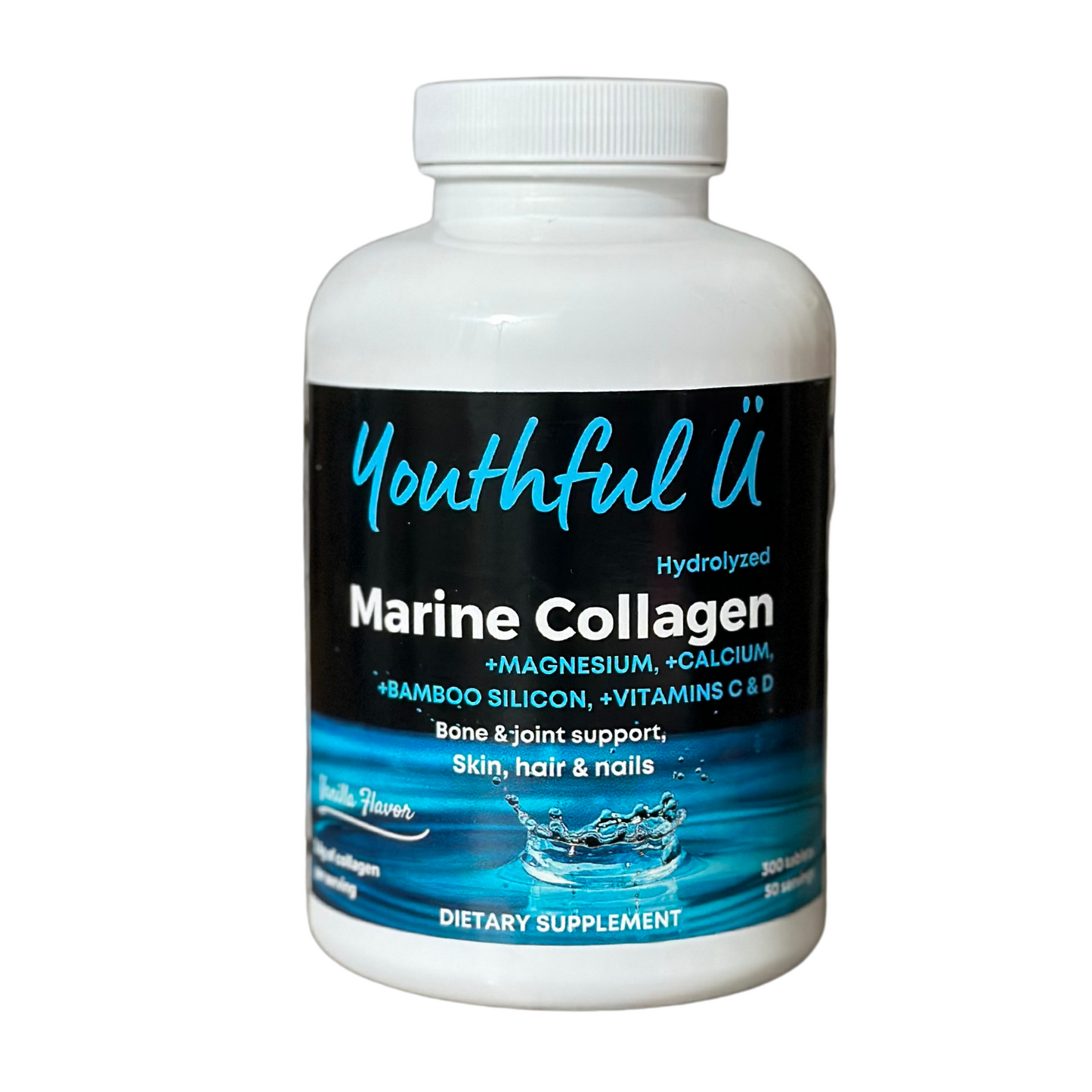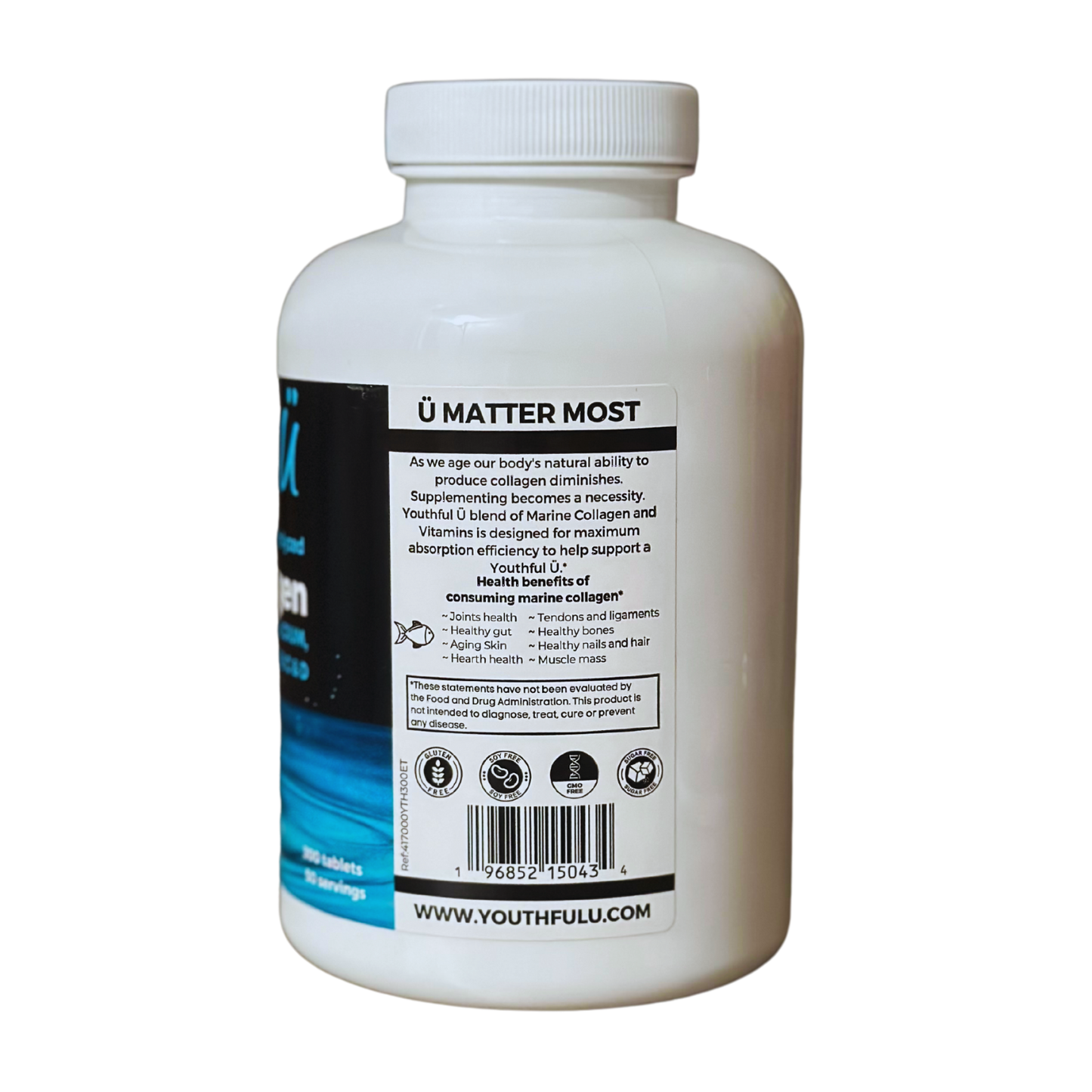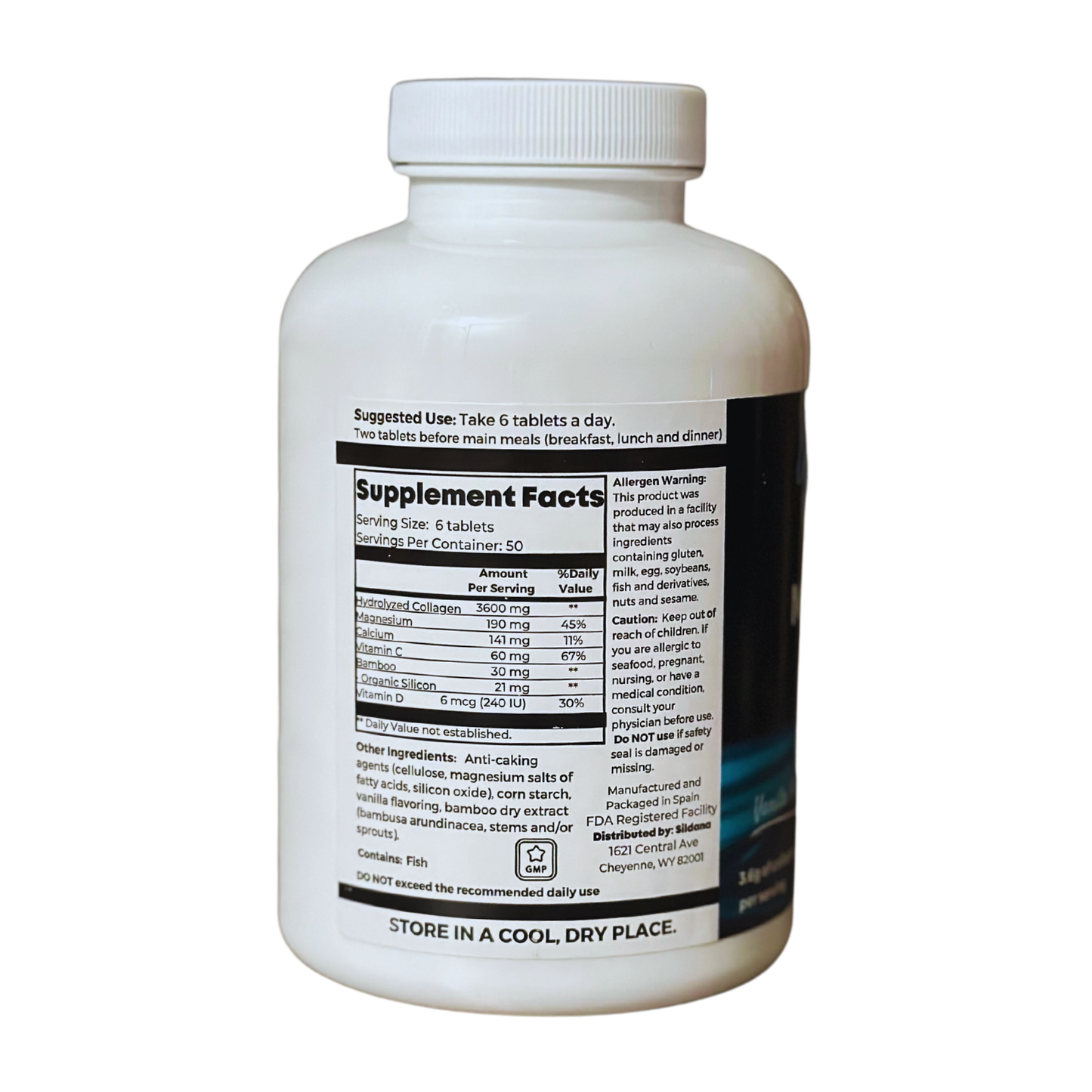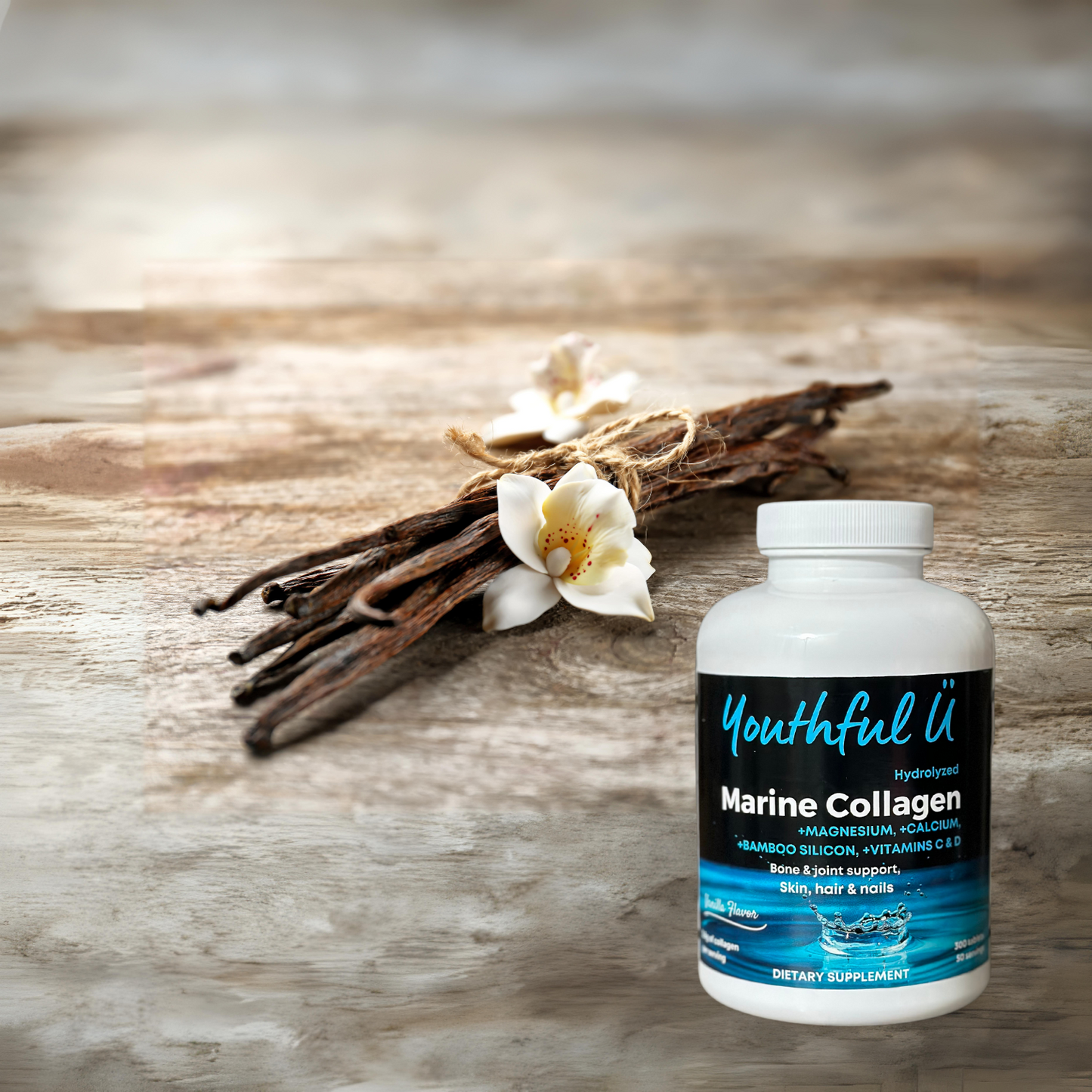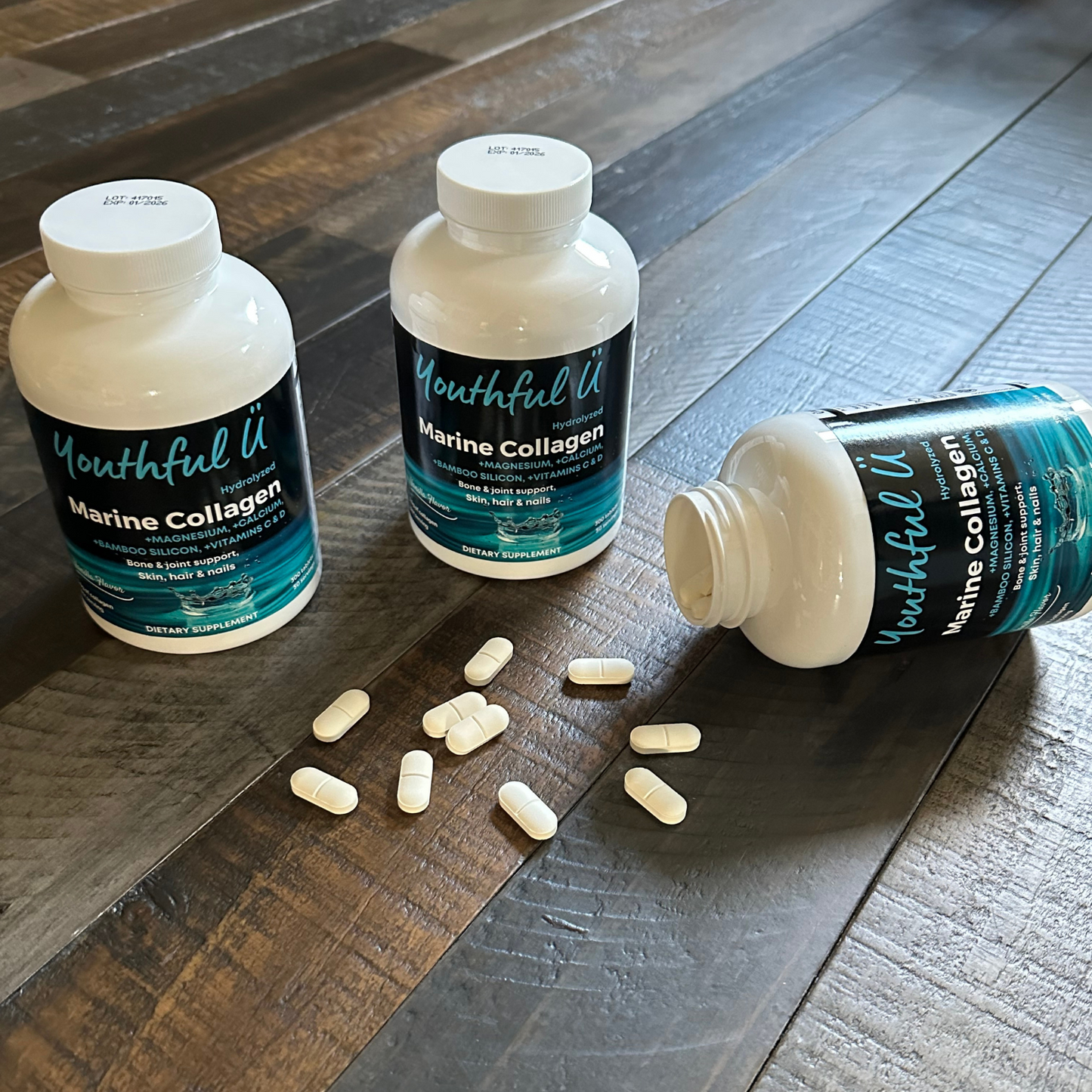Collagen, often referred to as the body's scaffolding, is a crucial protein that provides structure to our skin, bones, muscles, tendons, and ligaments. As we age, our body's natural collagen production decreases, leading to common signs of aging such as wrinkles, joint pain, and reduced skin elasticity. To counteract this decline, many turn to collagen supplements, with two popular types being marine collagen and bovine collagen. While both offer similar benefits, they have notable differences worth exploring.
1. Source:
The most obvious contrast between marine and bovine collagen lies in their sources. Bovine collagen is derived from the connective tissues of cows, primarily their hides and bones. In contrast, marine collagen is sourced from fish scales, skins, and bones. This distinction in origin can influence factors such as sustainability, allergenic potential, and nutritional composition.
2. Composition:
While both marine and bovine collagen are primarily Type I collagen, which is abundant in the skin, their amino acid profiles can differ slightly. Marine collagen is known to have a higher concentration of specific amino acids, particularly glycine, proline, and hydroxyproline. These amino acids are vital for collagen synthesis and contribute to its effectiveness in promoting skin health and elasticity. Bovine collagen, on the other hand, may contain more hydroxylysine, another amino acid important for collagen stability.
3. Absorption and Bioavailability:
One of the critical factors in choosing a collagen supplement is its absorption and bioavailability—the degree and rate at which the body can absorb and utilize the collagen. Marine collagen is often touted for its superior bioavailability compared to bovine collagen. The smaller size of marine collagen peptides allows them to be more easily absorbed into the bloodstream, reaching target tissues such as the skin more effectively. This enhanced bioavailability is believed to result in faster and more noticeable results in terms of skin hydration, firmness, and wrinkle reduction.
4. Sustainability and Environmental Impact:
Concerns about sustainability and environmental impact are increasingly influencing consumer choices. Marine collagen, sourced from fish by-products that would otherwise go to waste, is often considered more sustainable compared to bovine collagen, which involves raising and processing cattle.
5. Allergenic Potential:
Individuals with allergies or sensitivities may need to consider the potential allergenicity of collagen supplements. Bovine collagen may pose a risk for individuals allergic to beef or specific proteins found in cows, while marine collagen could be a safer alternative for those with such allergies. However, it's worth noting that allergic reactions to collagen supplements are relatively rare, and consulting with a healthcare professional is recommended for those with known allergies.
Conclusion:
In the realm of collagen supplementation, both marine and bovine collagen offer significant benefits for promoting skin health, joint function, and overall well-being. While they share similarities in their protein composition and therapeutic effects, differences in absorption, source, sustainability, and allergenic potential exist. Ultimately, the choice between marine and bovine collagen depends on individual preferences, dietary restrictions, and environmental considerations. Whether sourced from the depths of the ocean or the pastures of the land, collagen supplements continue to be a valuable tool in supporting health and vitality as we age.

